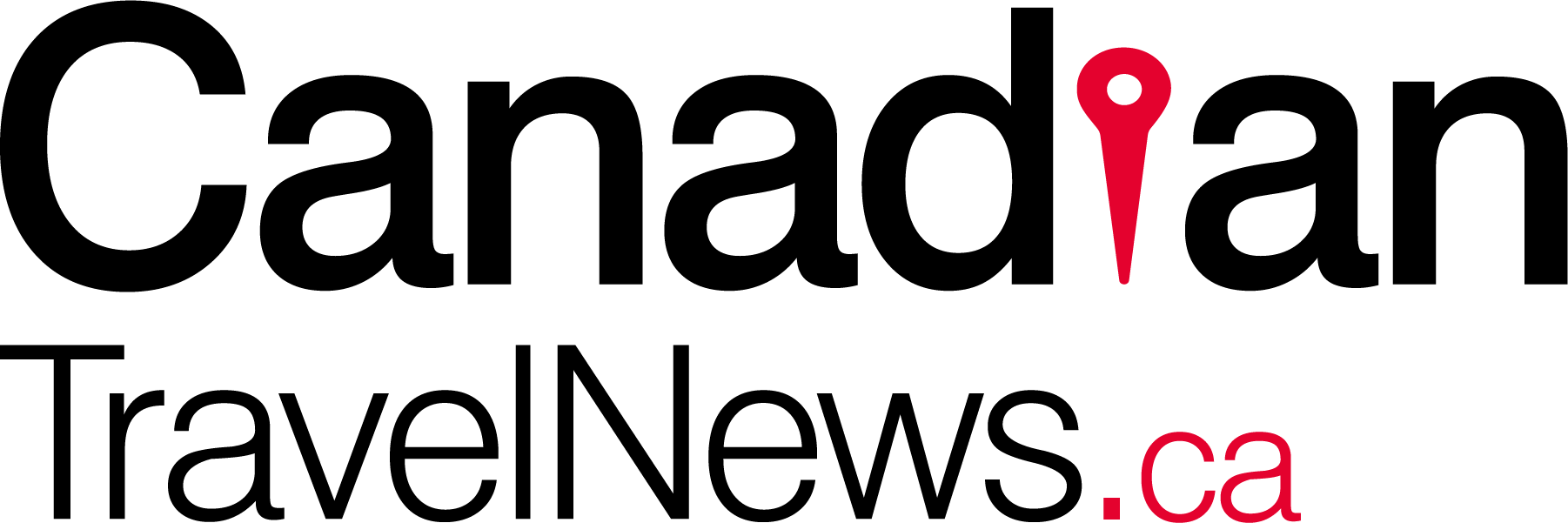
New Canadian COVID Testing Rules Slammed by International Air Transport Group
January 3, 2021 ctn_admin
The International Air Transport Association (IATA) has issued a letter expressing “deep frustration” with Canada’s new COVID-19 testing requirement for all arriving air travellers, which comes into effect on January 7.
“While the industry for months has been calling for systematic testing to re-open borders without quarantine measures, these pleas have fallen on deaf ears, especially in Canada,” the group said in a statement on its website. “Now, in a decision that can only be described as the ‘worst of both worlds’, the government is mandating that passengers provide proof of a negative COVID-19 molecular polymerase chain reaction (PCR) test taken within 72 hours before planned departure to Canada, while at the same time declining to lift existing travel restrictions and quarantine requirements.
“Under the new order, passengers who, despite their best efforts, are unable to obtain a pre-departure test, may travel to Canada, but will have to quarantine at a facility provided by the government at their first point of entry.”
The IATA said it is “both callous and impractical to impose this new requirement on travellers at such short notice. Moreover, it is completely unrealistic to mandate that airlines check passengers’ compliance with the new rule, as it cannot be the airline’s role to determine if a passenger tried their utmost to get tested or not.”
The group noted that Canada “already has one the world’s most draconian COVID-19 border control regimes, including travel bans and quarantines. Even though COVID-19 testing is an internationally accepted risk-mitigation strategy, there are no plans to adjust the current 14-day quarantine rule nor eliminate the temperature checks airlines are required to perform on passengers wishing to travel to Canada.
“Moreover, no explanation has been provided as to why a PCR test is the only acceptable test, given that this is not readily available in many countries.”
The IATA said the “severe economic consequences of the prolonged border closure are already evident,” and that the latest estimates show that the aviation sector’s direct GDP contribution to Canada’s economy dropped by $13.24 billion CAD in 2020 vs 2019, placing some 146,000 Canadian jobs at risk.
“Less measurable, but equally tragic is the impact that these tunnel-vision policies to close Canada off from the world are having on individuals separated from families or those struggling to cope with unemployment,” the IATA said. “Public health is the top priority. The efforts to contain COVID-19 must take full account of the detrimental impacts that closing borders and discouraging travel is having on the mental well-being of Canadians.
“The way forward is through a well-planned and coordinated introduction of testing inbound travellers, as a replacement for quarantine measures. At current infection levels, testing travellers will ensure that opening borders will not pose additional risk of contagion in Canada. We challenge the government to prove otherwise.”
The IATA said the Trudeau government needs to put the new rules on hold until it has defined testing requirements and coordinated with the industry to achieve realistic implementation timelines and has also provided a “policy roadmap to safely re-open borders by managing the risk of contagion with testing as a replacement for quarantine measures.
“We need to start 2021 by taking steps to safely live with COVID-19,” the association said. “What is the point of implementing testing if it does not result in a lifting of border closures nor quarantine requirements? After nine-months of closed borders and confinement, we cannot afford to move in the wrong direction with the disastrous implementation of a counter-productive testing policy.”
The Liberal government last week said that, beginning at 12:01 a.m. Eastern Time on Thursday, January 7, all travellers age five and older will have to present a valid PCR test before they can board a plane bound for Canada. Those tests must be taken within 72 hours of a traveller’s scheduled departure time.
All visitors, even with a negative test, still must quarantine in Canada for 14 days after they arrive.



















Leave a Reply